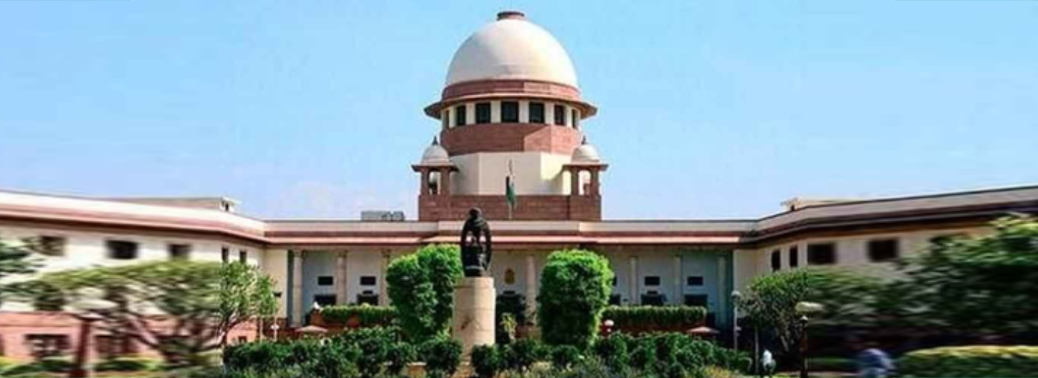COMPULSORY RURAL SERVICE FOR DOCTORS
24, Aug 2019

Prelims level : Governance- Policies
Mains level : GS-II- Government policies and interventions for development in various sectors and issues arising out of their design and implementation.
Why in News?
- The Supreme Court has held that the state governments can exercise their power to execute a compulsory service bond upon the doctors taking admission to post-graduate and super-speciality courses in government medical colleges, which would neither violate any fundamental rights of the candidates, nor would be a restraint on their professional activity.
Highlights:
- The Association of Medical Super Speciality Aspirants and Residents and others had challenged the state government’s regulations that imposed a condition of compulsory service for a minimum fixed period with the state.
- Doctors complained that such a condition violated the right of an individual to carry on his profession, amounted to ‘forced labour’ in violation of their constitutional right and would impede the progress of their careers.
- The Supreme Court ruled that doctors across the country are bound by the compulsory bonds executed by them at the time of their admission in post-graduate and super-speciality medical courses.
- The SC noted that the huge infrastructure has to be developed and maintained for running medical colleges with post-graduate and super-speciality courses, the amount of fees charged from students is meagre in comparison to private medical colleges.
- Compulsory Bonds binds doctors with conditions to serve in their respective states for a certain fixed period, in rural areas.
- The doctors’ original mark-sheets, certificates and other documents are also usually retained by the state authorities after the completion of speciality courses.
- Compulsory service is in the larger public interest and beneficial for deprived sections of society, the top court ruled in favour of the policy of various state governments to have compulsory bonds to be executed by the doctors before their admissions to PG and super speciality courses.
- The appellants contended that their rights guaranteed under Article 21 of the Constitution of India have been violated.







